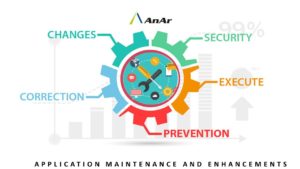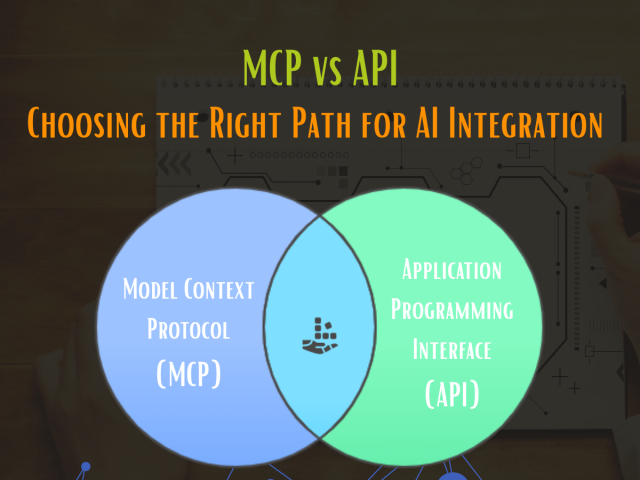Application Support and Maintenance remains one of the biggest areas of concern for IT organizations of all sizes. Bulk of the yearly budgets of these companies goes into ASM (Application Support and Maintenance). The pace at which new applications have been developed along with the need to support the existing ones has made app prioritization much complex. Additionally, most of the existing ASM systems fall short of being proactive and solve issues as and when they come up individually rather than predicting them in advance.
Cutting down the cost of the ASM processes without having to sacrifice on the security, reliability and agility of application management remains a huge challenge even today. Emerging technologies such as big data, mobility and cloud are giving a hard time to IT which is tasked with integrating all these technologies seamlessly. As the companies strive to incorporate latest technologies into their existing infrastructure, many difficulties arise, most of which come in the form of increased investments. Companies are now waking up to the changing landscape where micro applications developed with the help of short development cycles are becoming more significant than large legacy applications.
Companies are now increasingly distinguishing between the applications which consummate the basic corporate functions and which assist the companies in tapping the new technologies. Companies are also trying to switch to shorter development cycles that would help them remain innovative and in sync with the market trends. The yesteryear’s trend of several years of wait between successive software releases hurt the company’s progress.
Outsourcing ASM duties to competent enterprises based on their portfolio is increasingly becoming a preferred choice for IT organizations. This significantly reduces the load on company’s indigenous infrastructure and takes away the need to completely overhaul it in order to bring it in line with the daily changing requirements of applications. The costs involved in outsourcing ASM and ensuring a regulated maintenance cycle far lowers the cost of completely revamping your existing platform to fit in the current business model or to meet up with the needs of the client. It gives the companies enough time to evaluate the position of their legacy software and how it would look in their future plans for business.





